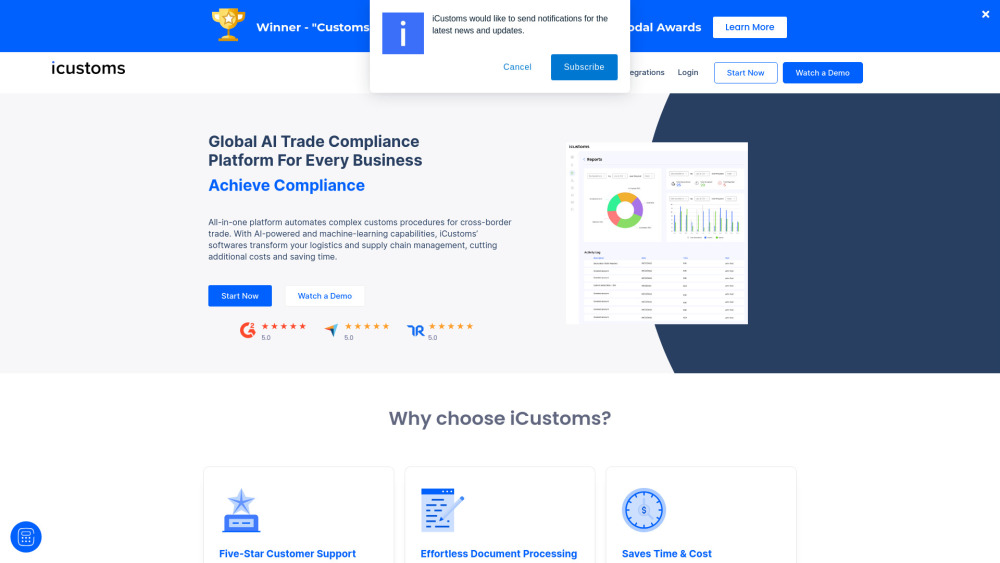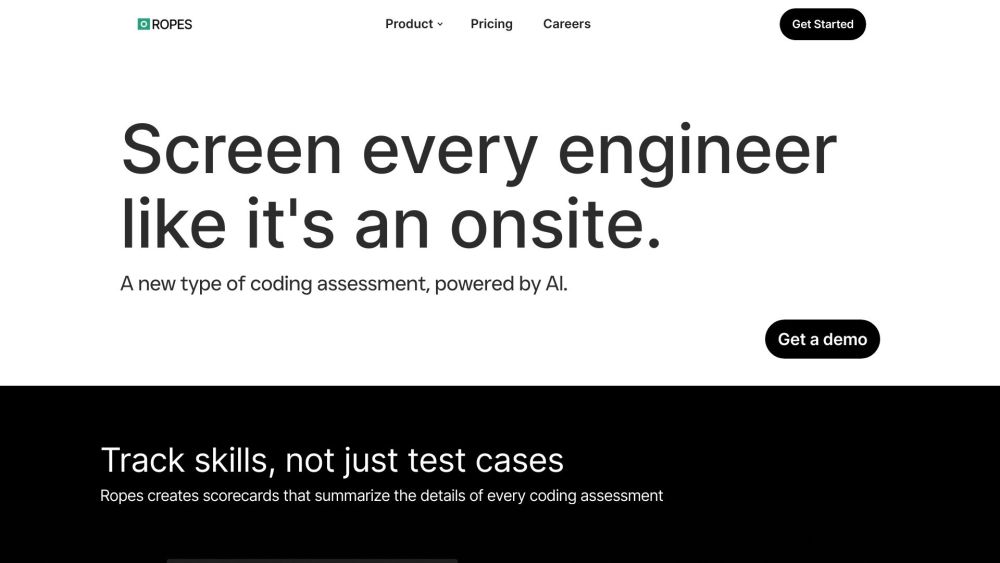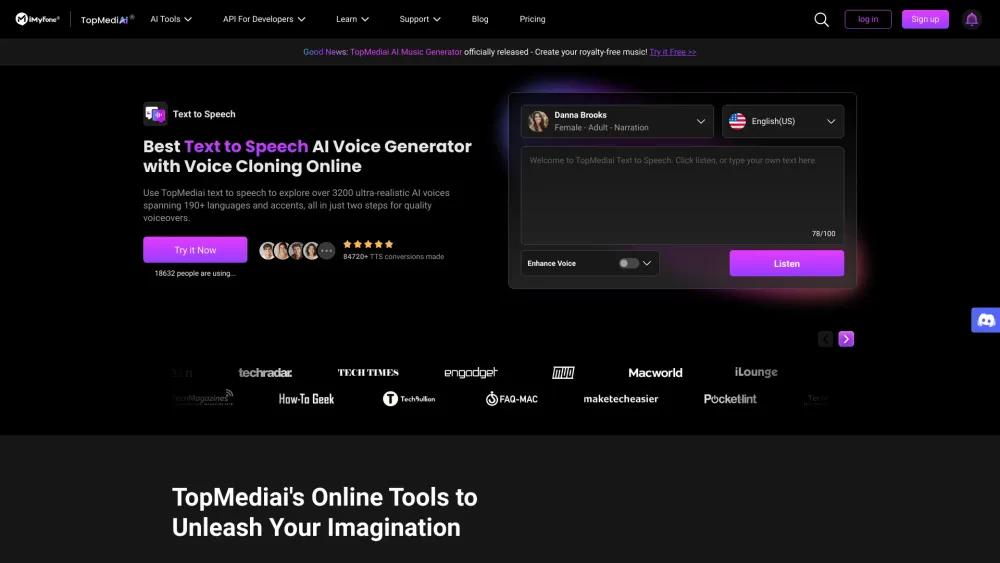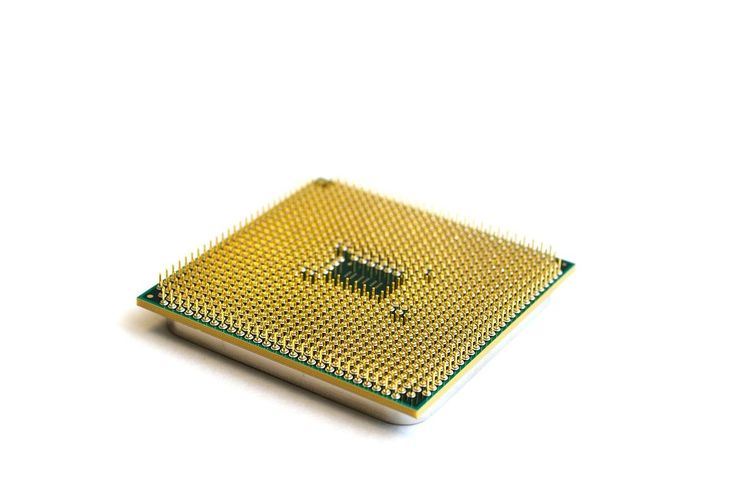On June 25, Lenovo hosted the "Inspiring a World Full of AI" summer launch event in Hangzhou, unveiling its "One Body, Multi-Terminal" strategy for AI-enabled devices and new consumer products. Liu Jun, Executive Vice President of Lenovo Group and President of Lenovo China, highlighted that this strategy aims to position Lenovo as a leader in AI PCs, AI smartphones, AI tablets, and AIoT (AI of Things) technology. The goal is to provide users with a personalized AI assistant experience across various work, study, and lifestyle scenarios.
At the core of this strategy is the "Tianxi Intelligent Agent System" (Tianxi AS), developed by Lenovo. It comprises five key components: the Xiao Tian personal intelligent agent, a personal knowledge base, an AI application platform, super connectivity, and stringent data privacy mechanisms. Xiao Tian, based on the Tianxi personal large model, features capabilities like intent understanding, self-awareness, short- and long-term memory, and task planning, enabling users to interact seamlessly with AI devices, gradually replacing traditional web applications as the primary point of access.
With the personal knowledge base, Xiao Tian can store and manage individual knowledge. Supported by the AI application platform, it can access third-party apps and mini-programs, enabling continuous accumulation of new skills. The super connectivity feature allows Xiao Tian to collaborate across devices and systems, while chip-level hardware encryption and robust privacy measures ensure secure operation.
Lenovo plans to implement the Tianxi AS across a broader range of devices with heterogeneous AI capabilities, enhancing AI smartphones, tablets, and various AIoT products to fulfill the multi-terminal vision. Liu Jun emphasized that in scenarios involving multiple devices, this "AI brain" breaks down hardware and system barriers, facilitating the seamless flow of applications and content across different terminals, thereby enhancing user connectivity.
To achieve this vision, Lenovo advocates for three development principles: user-centric, innovation-driven, and open ecosystem. The company will continually optimize Tianxi AS by integrating "hardware + software + services" through long-term investment and research, collaborating with industry partners to develop diverse AI applications.
Zhang Hua, Senior Vice President of Lenovo Group and General Manager of the China Consumer Business Group, further elaborated on the strategy. Within the "Tianxi Intelligent Agent System," Xiao Tian will enable seamless transitions between various terminals through the super connectivity module, enhancing document creation, editing, and cross-device functionality, including file transfers and application sharing.
The event showcased the debut of several products, including the Moto Razr 50 Ultra AI, Moto Razr 50, Moto S50 Neo smartphones, and the YOGA Air 14s, YOGA Air 14c, and Lenovo Legion Y9000P laptops, all equipped with the Tianxi Intelligent Agent System. These innovations are set to significantly improve user efficiency and experience.
For instance, the Lenovo Moto Razr 50 Ultra AI features an expansive 4-inch external display, while the Moto S50 Neo stands out with its ultra-slim design. The YOGA Air 14s boasts a remarkable 24-hour battery life, ensuring consistent performance whether plugged in or not. The Lenovo Legion Y9000P offers leading 686 TOPS AI performance, making it an ideal choice for gamers.
Lenovo's "One Body, Multi-Terminal" strategy and its development philosophy aim to deliver an innovative personalized AI assistant experience across different settings. By advancing AI PCs, smartphones, tablets, and AIoT products, Lenovo has also made significant strides in "AI-driven infrastructure" and "AI-native service solutions," propelling its "full-stack AI" strategy forward.
As a leading global PC manufacturer, Lenovo has spearheaded three generational upgrades in PC technology over the past four decades. Now, in response to the burgeoning AI trend, Lenovo is poised to lead the development of the next decade under the influence of artificial intelligence, accelerating the transformation towards a smarter world filled with AI.






